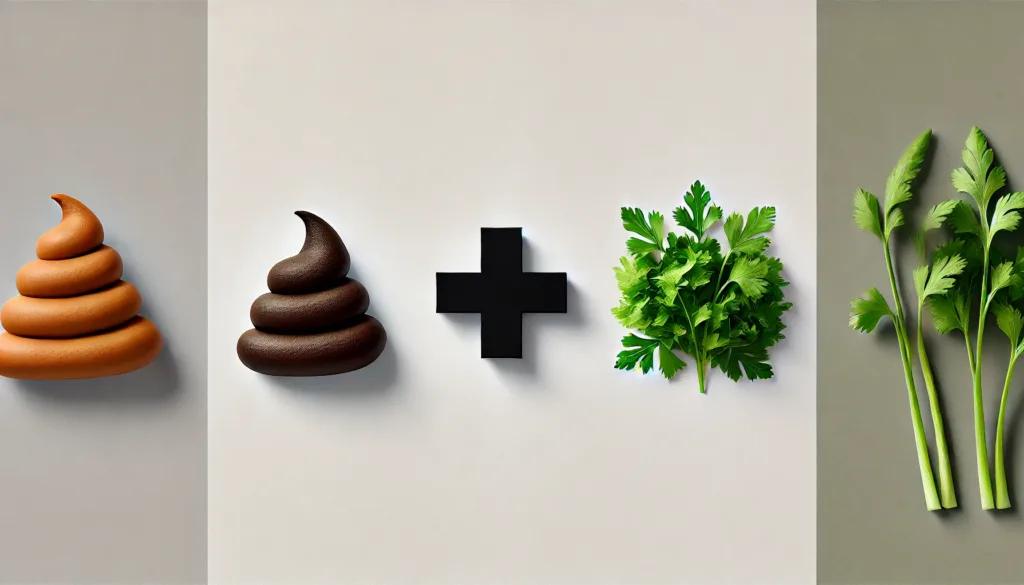Table Of Content
I can’t stand coriander. Every time I taste it, it’s like biting into a bar of soap. The pungent, soapy flavor overwhelms my taste buds and ruins any dish it’s in. I can’t understand how anyone enjoys this herb. Its strong, off-putting taste lingers, making it impossible to enjoy my meal. Whether it’s sprinkled in a salad, mixed into a salsa, or used as a garnish, coriander always finds a way to make my stomach churn. Just the sight of those feathery green leaves is enough to turn my appetite. I truly hate coriander.
Can You Learn to Like Coriander?
No, there’s no way
If you hate coriander, you might wonder if you can ever come to appreciate it. While genetic factors play a significant role, exposure and positive associations with the herb can sometimes change your perception. Pairing coriander with foods you enjoy or having positive dining experiences that include the herb might help you become more accustomed to its taste. However, for those with a strong genetic aversion, overcoming the dislike might be more challenging.
Coriander is Shit

Coriander is often considered “shit” by some due to its strong, soapy flavor, which can be off-putting and overwhelming. This taste is attributed to the presence of aldehydes, organic compounds also found in soaps and lotions. For those with a specific genetic variation, these aldehydes are particularly pronounced, making coriander taste like soap rather than an herb. Furthermore, its pungent aroma can dominate dishes, overshadowing other flavors and making meals unpalatable for coriander detractors. Cultural differences also play a role; individuals who didn’t grow up with coriander in their cuisine might find its unique flavor profile hard to tolerate

Overall, the aversion to coriander is a complex interplay of genetics and individual sensory experiences. Understanding the science behind it can help you make sense of why this herb evokes such strong reactions.

